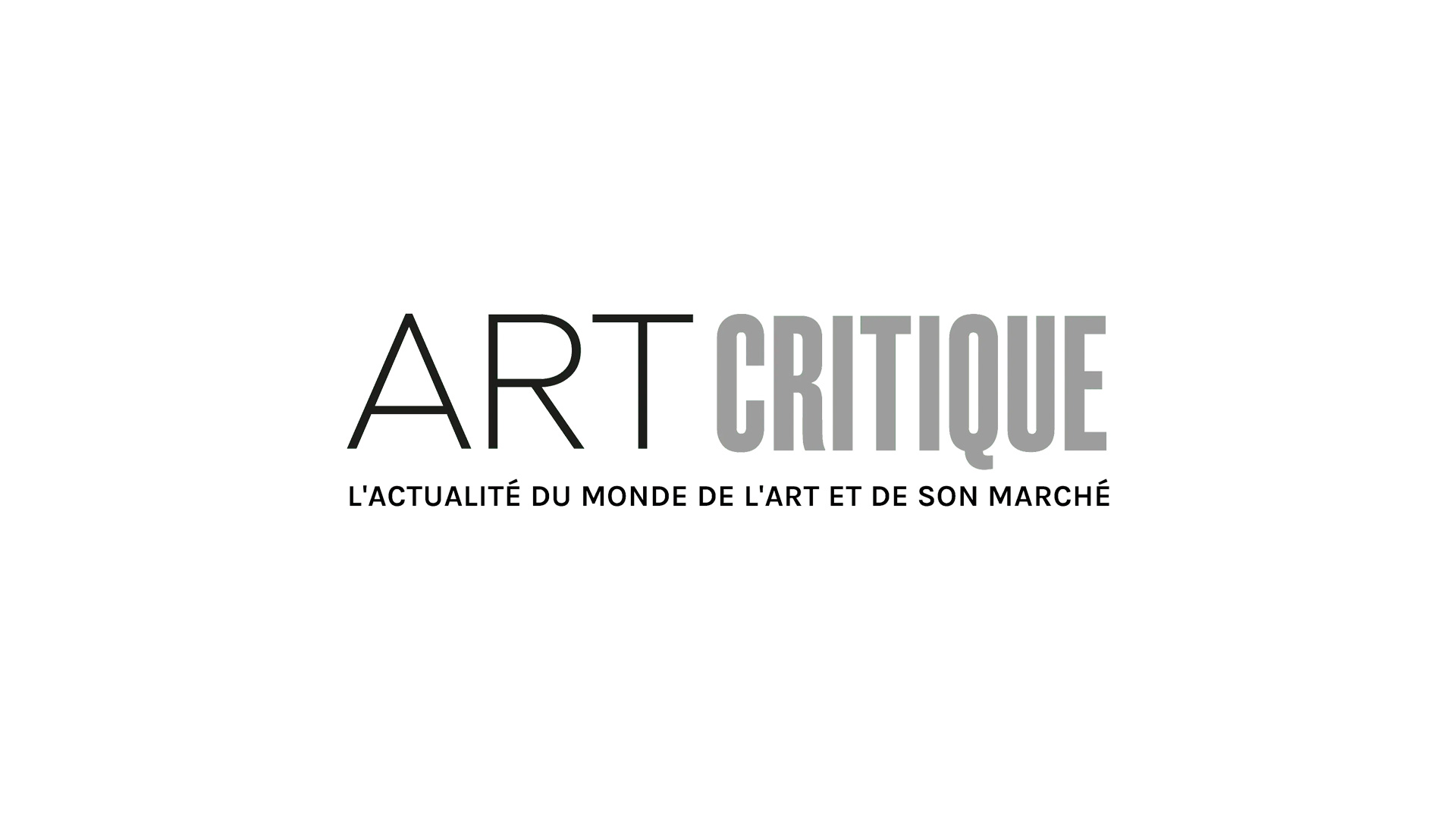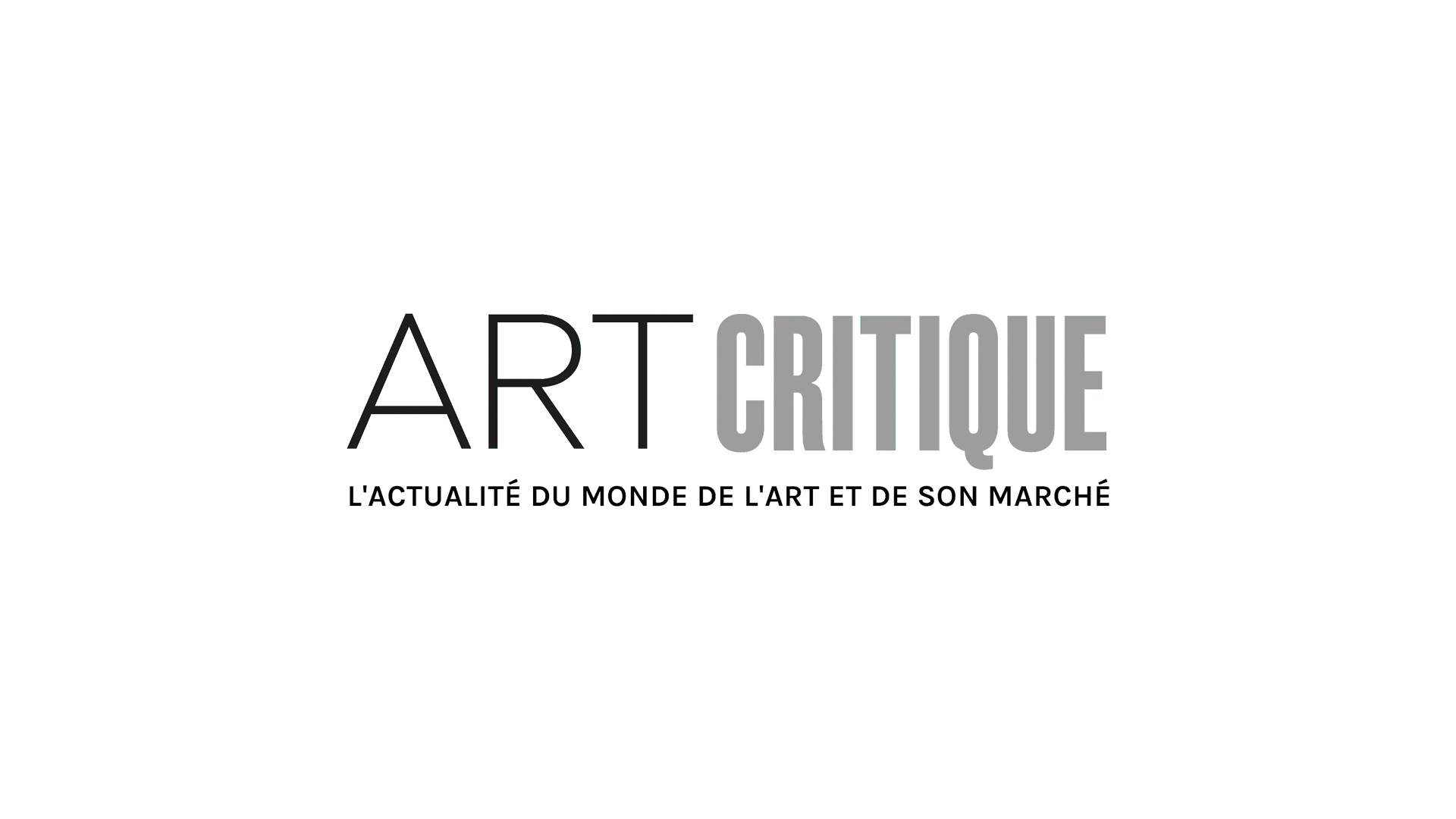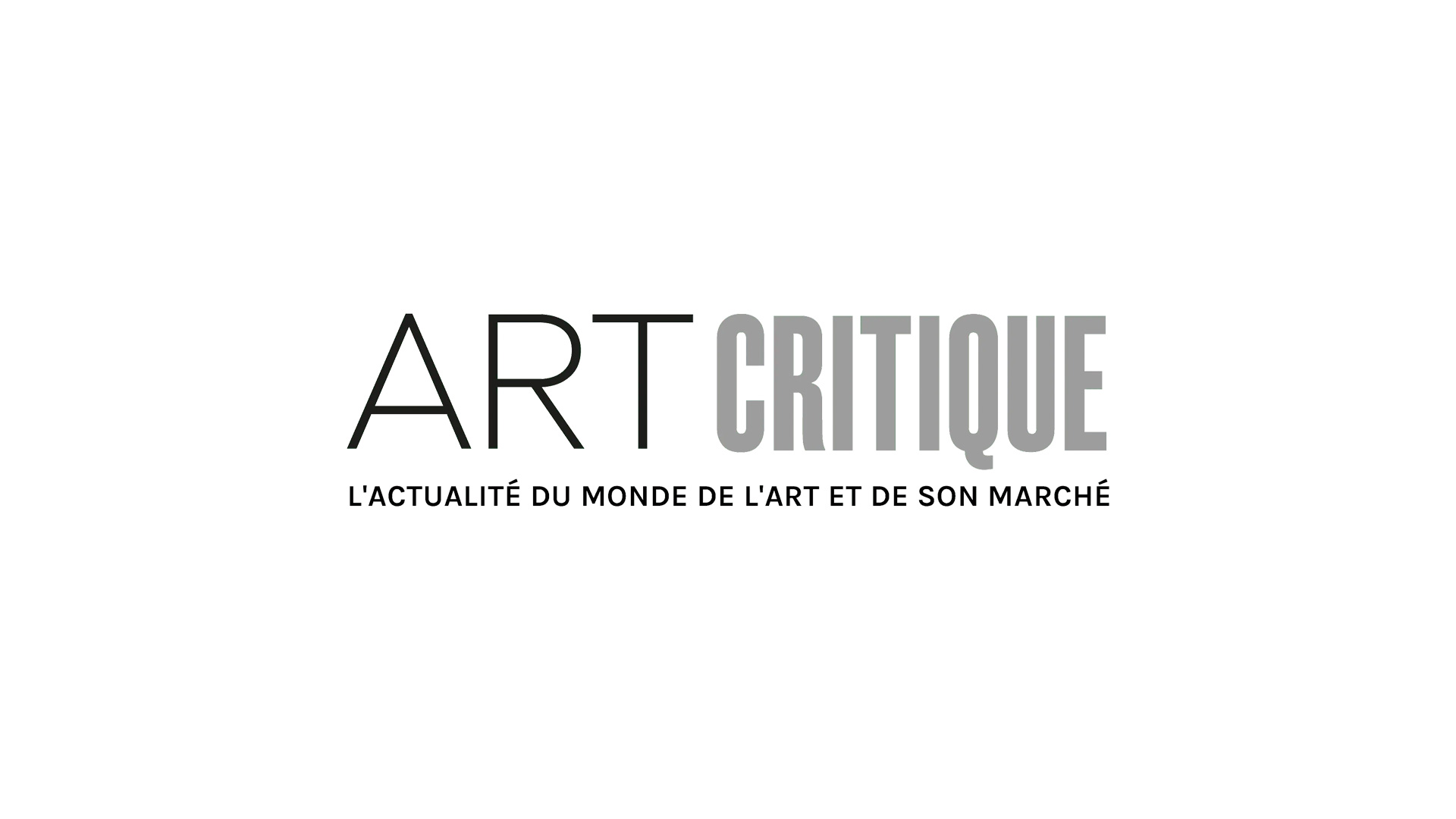Around noon on December 9th, the lobby of the Whitney Museum of American Art filled with around 250 protesters chanting ‘decolonise this museum!’ The protest comes as a response to the link between museum board of trustees vice chairman Warren B. Kanders and November incidents against migrants involving tear gas along the US border with Mexico.
The rally was organized by activist group Decolonize This Place (DTP), who campaign on behalf of indigenous and marginalized peoples. Holding signs reading ‘Warren Kanders must go’, ‘Tear gas is deadly’, ‘Dirty money’, ‘Greed kills’, and ‘No space for profiteers of state violence,’ protesters burned sage as a rebuttal to the use of tear gas. The protest included speeches from members of the American Indian Community House, the Hydro Punk movement, and the New Sanctuary Coalition. About an hour into the demonstration, protesters were forced to exit the lobby when the Fire Department arrived on scene after the burning sage set off fire alarms.
To catch you up…
The protest was to raise awareness of Kanders’ involvement as chairman and chief executive of Safariland, a company that manufactures tear gas canisters. Kanders is also listed as a ‘significant contributor’ to the museum’s current Andy Warhol retrospective. Some of Safariland’s products were used by US Customs and Border Protection agents against hundreds of asylum seekers who, on November 25th, rushed a border crossing in Tijuana, Mexico.
These events were the catalyst for a November 30th letter signed by nearly 100 Whitney staff calling for museum leaders to remove Kanders from the board. The letter stated ‘[t]o remain silent is to remain complicit.’ On December 3rd, museum director Adam Weinberg responded to the staff letter with a note suggesting an open space for dialogue concerning the situation. Weinberg’s response did not say if Kanders would remain on the museum board; however, he did remind staff that the board is not selected – or removed – by museum staff. On the same day, Kanders released a statement addressed to the ‘Whitney Community.’ He wrote:
‘Safariland’s role as a manufacturer is to ensure the products work, as expected, when needed. Safariland’s role is not to determine when and how they are employed. The staff letter implies that I am responsible for the decision to use these products. I am not. That is not an abdication of responsibility, it is an acknowledgement of reality.’
Kanders went on to clarify that only ‘bona fide law enforcement agencies.’ including the US Department of State, can purchase their products.
In regards to their recent protest in the Whitney lobby, DTP stated that their actions were ‘autonomous from, but in solidarity with’ museum staff. During the demonstration, DTP circulated printouts in English and Spanish that read, in part:
‘Need we remind Weinberg that “the laws of society” have included the legal sanctioning of slavery, the Indian Removal Act, Jim Crow laws, and indeed the entire juridico-economic regime of settler colonialism, white supremacy, and capitalism that underpins contemporary U.S. society?
We say to Weinberg: We are not fools. We know law is not justice. Your statement makes it clear which side you are on: the side of Safariland, and this we simply cannot accept.’
Edited: June 12, 2020 for spelling error.





